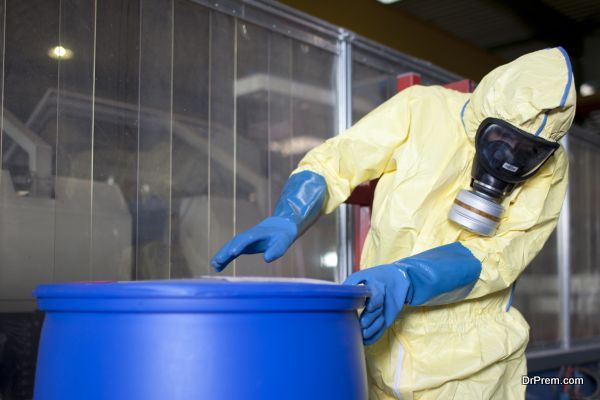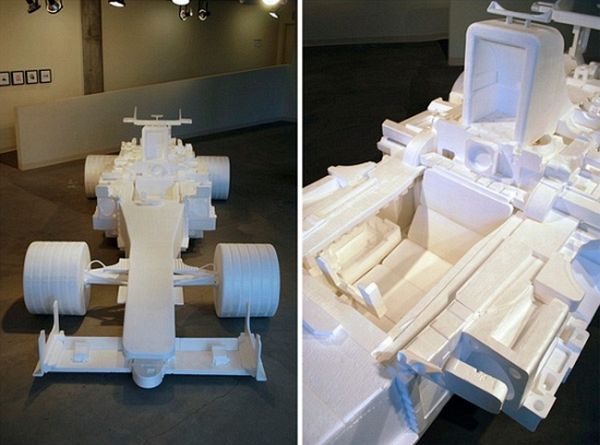We all know that nuclear waste is dangerously toxic in nature. It can harm us in several ways, as well as be a threat to the environment. While there are several commercial-level facilities that are designed to recycle nuclear leftovers, it is considered to be highly unsafe to use the fuel generated out of this recycling process. Thus, nuclear waste has always remained to be a challenge for the recycling industry. For several decades, it has been piling up and increasing the danger for our planet.
Generation of nuclear waste
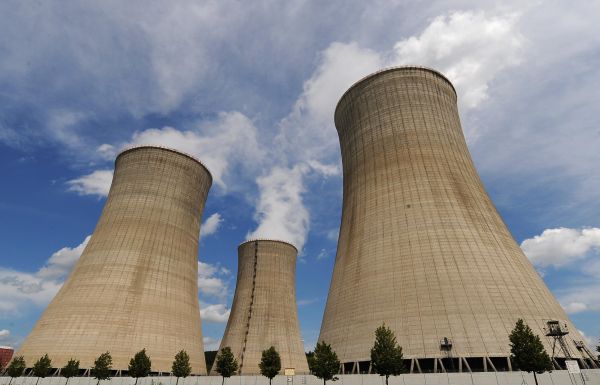
At multiple nuclear power plants, uranium is split to produce electricity. The produced heat and energy is used to drive turbines and perform similar tasks. As there are thousands of tons of fuel produced by each site, these sites are also contributing to a huge amount of nuclear waste. Generally, it takes about two years to declare that split uranium has been spent. This spent waste is further stored in reactors placed deep under water. However, the problem is that these reactors are fast filing up and now the spent fuel is being stored in dry casks, which is not a completely safe practice.
Issues with nuclear waste recycling
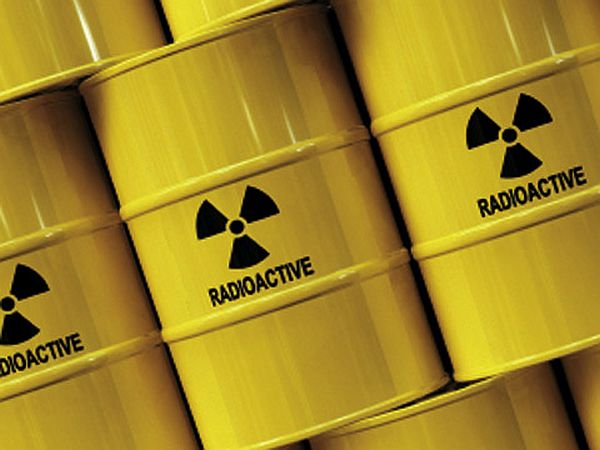
While some commercial-level facilities have been developed for recycling nuclear waste, these facilities still lack the right technology and technical information to start their operations. Apart from this, the reprocessing of spent fuel currently involves one-time burning of radioactive waste. In this approach, there is a danger of generating harmful elements that can further be used for unethical purposes. Thus, research is being done to gain information on developing such advanced facilities where radioactive waste could be burned repeatedly, without generating any long-lived and harmful element.
On the other hand, many environmentalists feel that it is a costly process to recycle nuclear waste. Experts also think that the process of recycling may be quite dangerous and may involve technological issues to a great extent. They do not see this process going successful, if started. Some agencies, believing in huge waste cutting through recycling, feel that it is possible to separate spent fuel into reusable elements. However, these agencies also agree that the process would be highly expensive, especially when there is uncertainty of the success of unproven technologies.
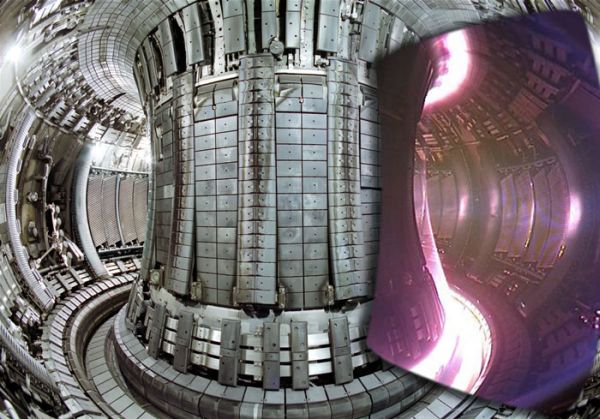
Apart from the above, experts find the proposed fast reactors may not only be expensive, but may also be unreliable. This may happen because these reactors are complex to repair and prone to failure. There have been instances when reprocessing plants faced leakage of radioactive elements and caused major safety concerns. That is the reason some countries are still hesitant in making huge investments in nuclear waste recycling projects. They are also concerned about nuclear proliferation, as separated elements like plutonium may cause the building of weapons.
While there are several issues and uncertainties about the setup and management of nuclear waste-recycling facilities, safety concern is of prime importance while deciding to initiate such large-scale commercial projects.
Summary:
There have been several debates about the safety of recycling nuclear waste in plants. While some experts are concerned about nuclear proliferation, others have issues related to the safety of the recycling process itself.


